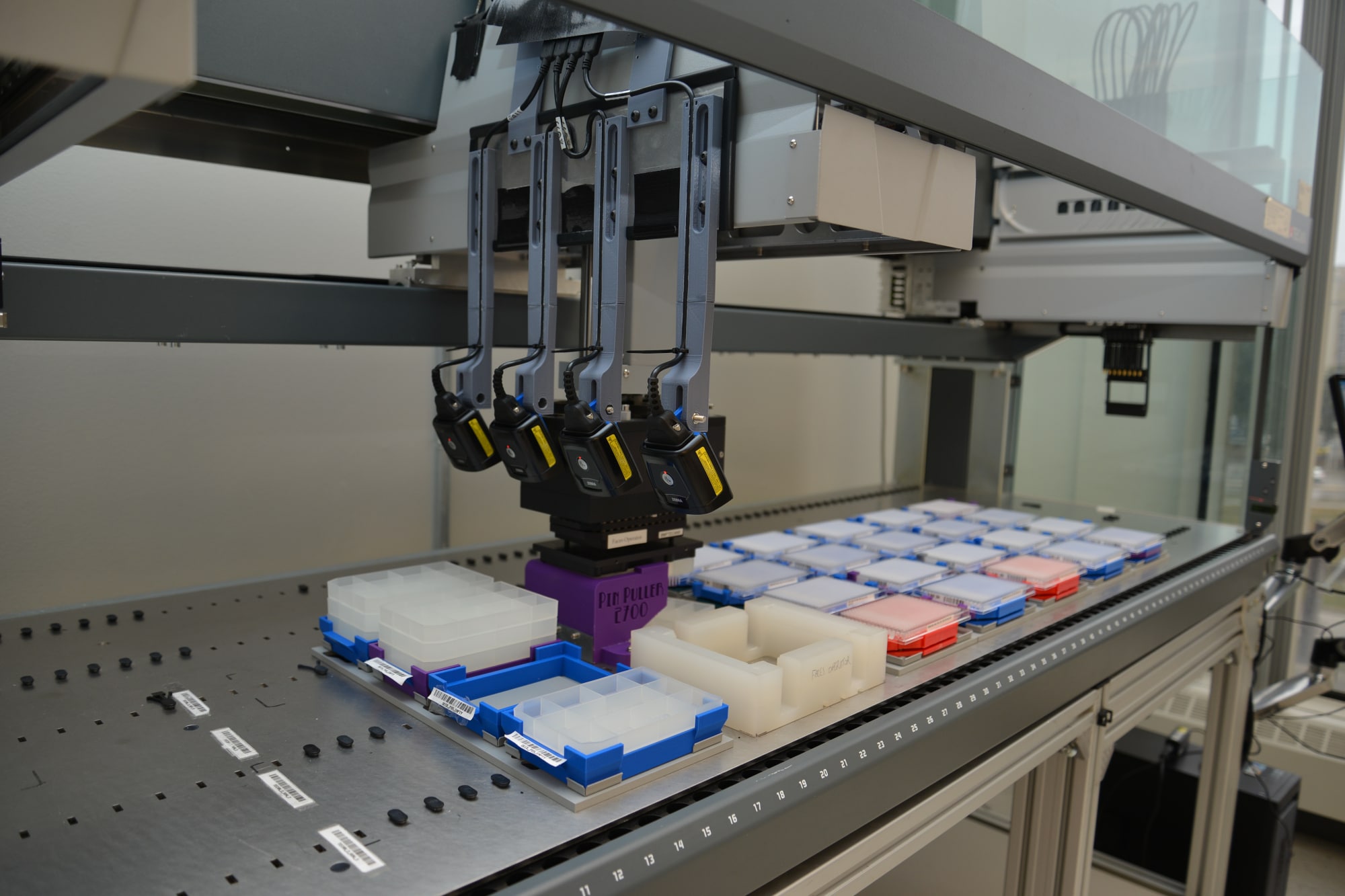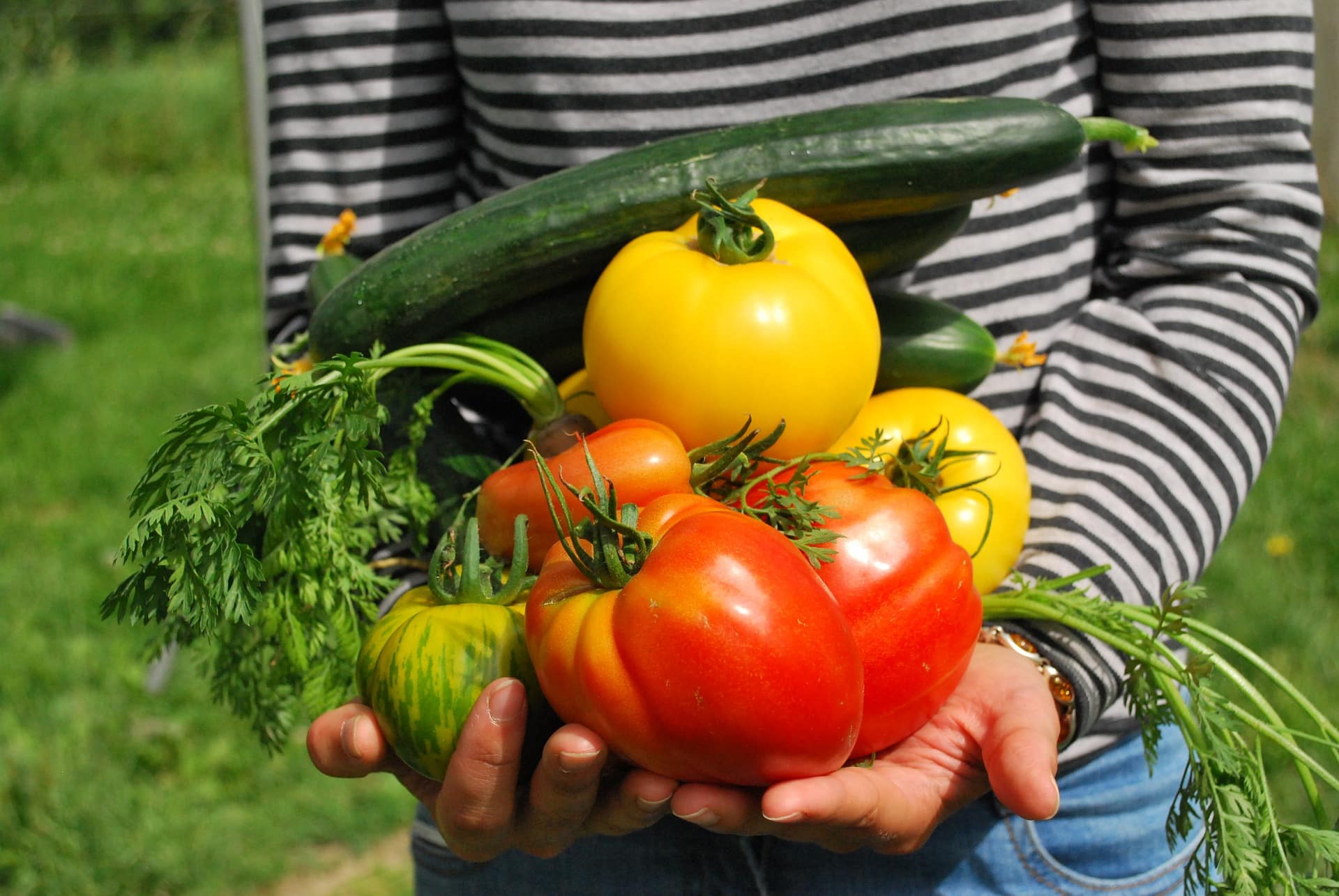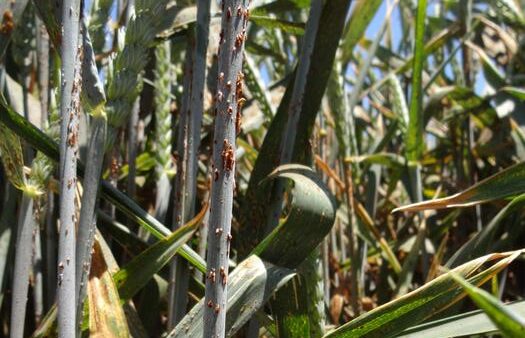What a difference a year makes. If you’d told me 12 months ago that today, we’d all be wearing masks to the grocery shop, that Zoom would be the new way to meet up with loved ones, and that our only vacation destinations would be our own living rooms, I’d never have believed you. COVID-19 has up-ended enormous parts of so many people’s living and working lives, throwing an entirely unforeseen wrench into plans big and small. At Agriplex, we’ve been blessed that our work has continued relatively unscathed because our processes and technologies don’t require much hands-on support. That’s not the case for many seed labs and plant breeding programs, however.
Since March last year, many of the highest-tech labs in the country have been limping along at a fraction of their operating capacity. Many lab staff have spent weeks or months working from home, with virtually none of the lab tools or technologies they need to do their jobs. Consequently, large portions of many companies’ field trials were abandoned or only partially sampled last summer. While senior researchers may have managed some in-lab hours, they did so without the in-person help of support staff, interns, and grad students. It’s been a tough year that has cost many breeding programs valuable data and, in some cases, an entire growing cycle. Given that it typically takes about seven years to bring a trait from field to program, a lost, or reduced-results season is huge.
Our strength is in our efficiency; we don’t need 1000 workers: our automated technology allows us to do the work of many with very few. That’s why, over the past year, we’ve stepped in to provide genotyping support to companies that – until this very bizarre year – handled that kind of work in-house.
Our amplicon-based sequencing technology is very simple. We start with a crude extraction, continue with uniquely highly multiplexed thermocycling steps, then combine all samples into a single large pool that we can run on a single sequencer run. Once the sequencing is complete, our PlexCall software automatically analyzes the results, providing genotypic calls and allele ratios in a ready-to-action report.
One of our biggest customers likely wouldn’t have even considered working with Agriplex 12 months ago. They had a comprehensive in-house lab; they had no reason to outsource. But as the stay-at-home orders intensified last spring, they were suddenly backed into an impossible corner with few options. They chose to entirely revamp their way of thinking and let us be their hands. The result is that, today, their program remains on-track.
I do see light at the end of the COVID-19 tunnel. My hope is that, by fall, we’ll be enjoying life and work with far fewer restrictions. For now, we continue to provide genotyping service to those who can’t yet fully access their own labs or programs. In preparation for pandemic rules loosening, however, we’re translating our customers’ tests into an easy-to-transport ‘kit’ form.
The beauty of the kit concept is that it offers customers research continuity and total flexibility. When a lab is ready to take back its own genotyping, we simply hand them their kit and they’re ready to roll. If, God forbid, the pandemic causes a return to restrictions, they can outsource back to us without any loss of data or programming time. It’s an insurance plan that, because of COVID-19, more and more companies realise is critical to their research outcomes.
We’re honoured that so many researchers and breeders have trusted a critical part of their programs to us over the past months, and we’re proud to have helped minimize the pandemic’s impact on many research efforts. My hope is that the bonds forged during the upheaval of the past year ultimately translate to a stronger, more united agriculture industry.











